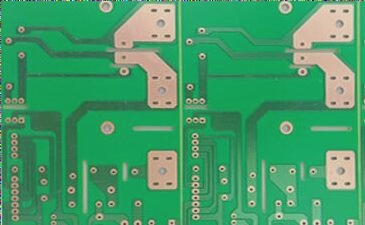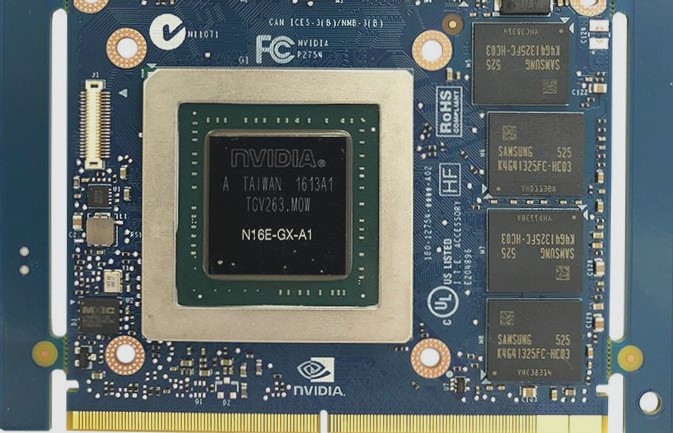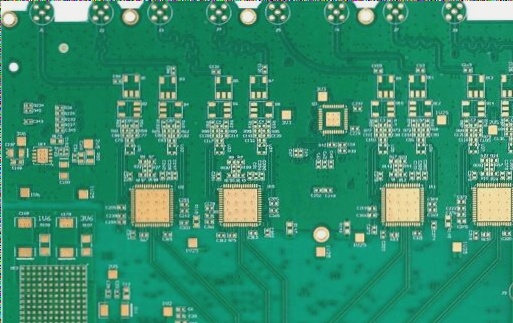The Evolution of Circuit Board Technology: Selective Soldering
Reflow soldering has revolutionized circuit board technology, allowing for the integration of through-hole components through a process known as through-hole reflow soldering. This method streamlines solder joint completion, reducing production costs significantly. However, the use of reflow soldering is limited by temperature-sensitive components, leading to a shift towards selective soldering in various applications post reflow soldering.
Comparing Selective Soldering and Wave Soldering
One key difference between selective soldering and wave soldering lies in the application of solder. While wave soldering submerges the entire lower portion of the PCB in liquid solder, selective soldering targets specific areas, minimizing heat transfer to neighboring components. Additionally, flux application is crucial before soldering, with selective soldering focusing flux distribution only on relevant areas. This method is ideal for plug-in components, offering efficiency and precision in the soldering process.
The Selective Soldering Process
- Flux Spraying: An X/Y manipulator directs the flux nozzle to apply flux accurately on designated PCB areas, preventing bridging and oxidation.
- PCB Preheating: Preheating prepares the PCB for soldering, ensuring optimal solder joint formation.
- Dip Soldering: Components are dipped in solder, creating reliable connections on targeted areas of the PCB.
- Drag Soldering: Solder is dragged across specific joints, completing the soldering process with precision.
Flux spraying methods vary, including single nozzle spray, micro-hole spray, and multi-point/pattern spray. For micro-point spraying, a flux pattern diameter greater than 2mm is recommended for accurate deposition on the PCB. It is essential to specify the required flux amount, with suppliers typically providing a safety tolerance range of 100% for optimal results.



